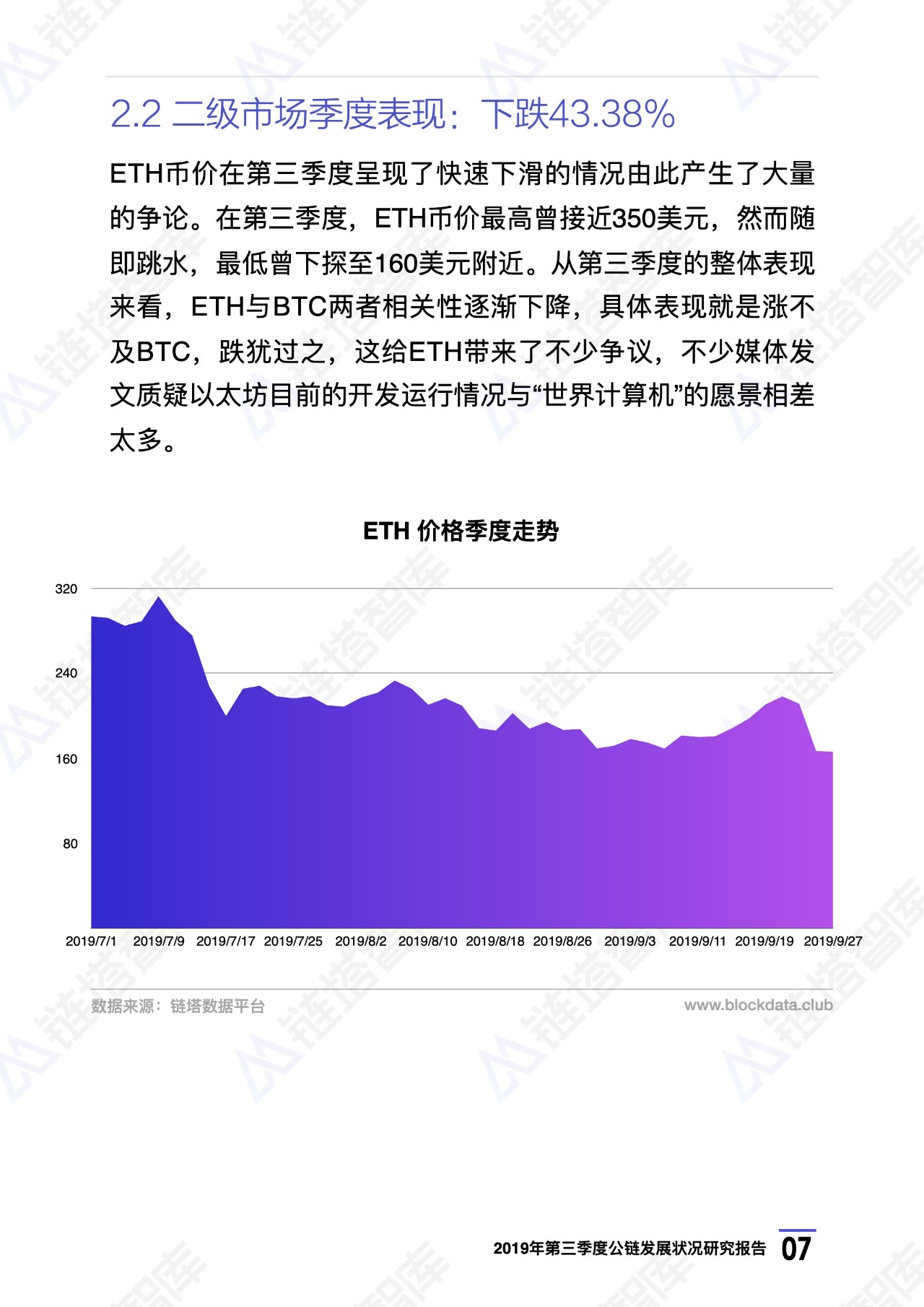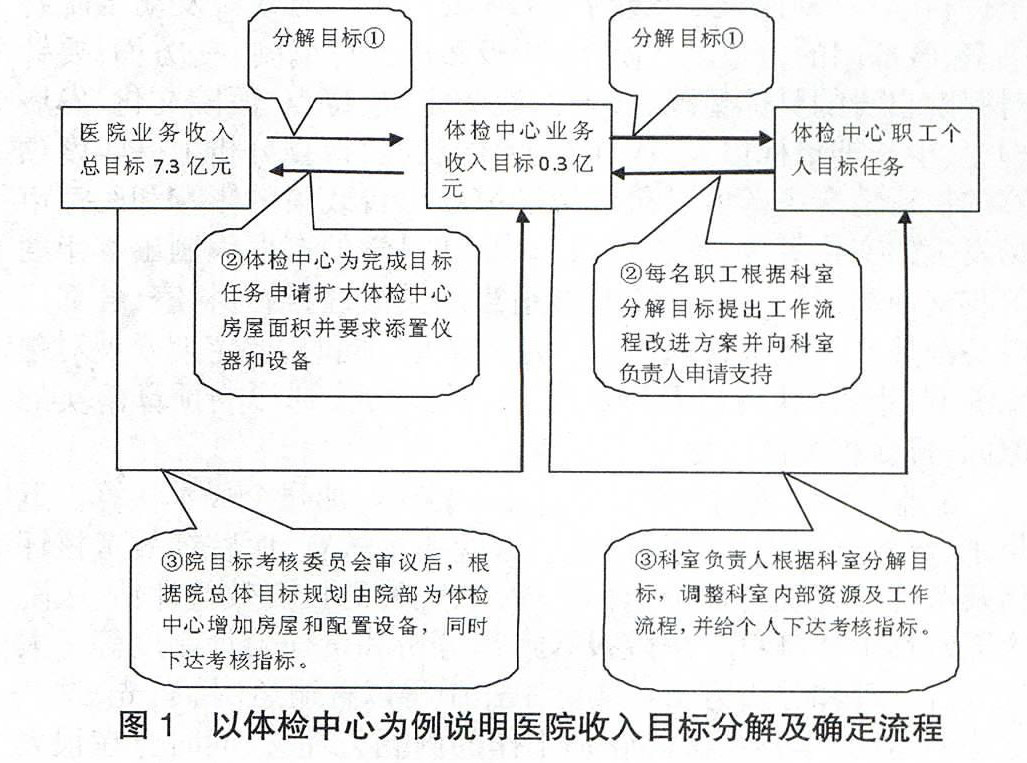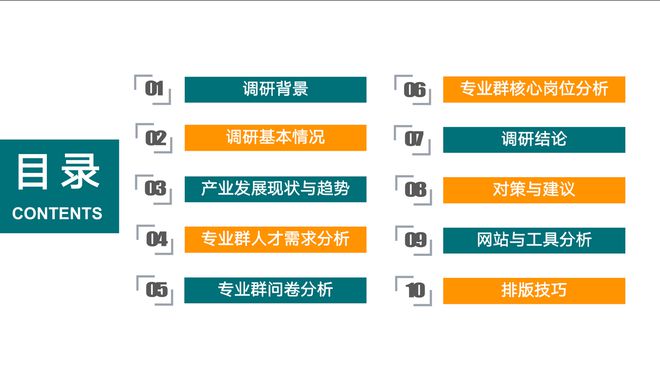Introduction
Welcome to our exploration of "New Macau Internal Ten Numbers", a topic that delves into the historical, cultural, and numerical significance of the city's essence. Macau, a Special Administrative Region of China, boasts a rich tapestry of stories and traditions, and this article will focus on ten specific numbers that carry deep meaning within Macau's heritage. Each number holds a special place in the city's narrative, painting a vivid picture of life, culture, and identity.
Number One: Macau's Continent Integration
The number one signifies unity and integration, much like Macau's reintegration with China in 1999. This epochal event marked the end of Portuguese administration and the beginning of a new era for Macau, symbolizing a return to the fold.
Number Two: The Twin Pillars Economy
Macau is known for its 'twin pillars' economy, which refers to the coexistence of the gaming industry and tourism. These two sectors are instrumental in the city's economic success, attracting visitors from all corners of the globe.
Number Three: The Patacas Currency
The currency of Macau, the Pataca (MOP), is divided into 100 avos. The number three here represents the start of smaller denominations within this currency, a detail that reflects the intricacy of Macau's financial system.
Number Four: The Four Major Casinos
Historically, Macau's gaming industry was dominated by four major casinos. This number four symbolizes the oligopolistic structure that once shaped the gaming landscape, a convention that has since evolved with the introduction of new operators.
Number Five: The UNESCO Cultural Sites
Macau is home to five UNESCO World Heritage Sites, each telling a unique story about the city's history. The number five encapsulates the richness of Macau's cultural heritage, celebrated globally for its historical significance.
Number Six: The Macau Grand Prix
The Macau Grand Prix is an annual automobile race held since 1954. This event has become a lodestar for motorsport enthusiasts worldwide, with 'six' symbolizing six decades of thrilling races, showcasing the city's flair for speed and competition.
Number Seven: The Seven-Kilometer Causeway
Connecting Macau and Taipa Island, the seven-kilometer-long causeway is a testament to Macau's infrastructure and urban development. The number seven represents the link not only between these two locations but also the communities and their economic growth.
Number Eight: The Eight Dishes of Macanese Cuisine
Macanese cuisine is a fusion of Portuguese and Chinese culinary traditions, with its iconic 'eight dishes' becoming a symbol of this unique gastronomic culture. The number eight stands for the decadence and diversity of Macau's food scene, where East meets West.
Number Nine: The Rose of the Desert
Sometimes referred to as the 'Rose of the Desert,' Macau's ninth hill is a picturesque attraction that offers panoramic views of the city. The number nine, in this context, alludes to the natural beauty and scenic vistas that Macau cherishes amidst its urban landscape.
Number Ten: Ten Years of Prosperity
Since the handover in 1999, Macau has experienced a decade of prosperity and growth, solidifying its position as a global city. The number ten here encapsulates the ten-year milestones in Macau's journey, signifying progress, development, and opportunity.
Conclusion
"New Macau Internal Ten Numbers" offers a glimpse into the city's vibrant soul through a numerological lens. From historical milestones to cultural symbols, these numbers reveal the multifaceted layers that make Macau the unique and dynamic city it is today.









还没有评论,来说两句吧...